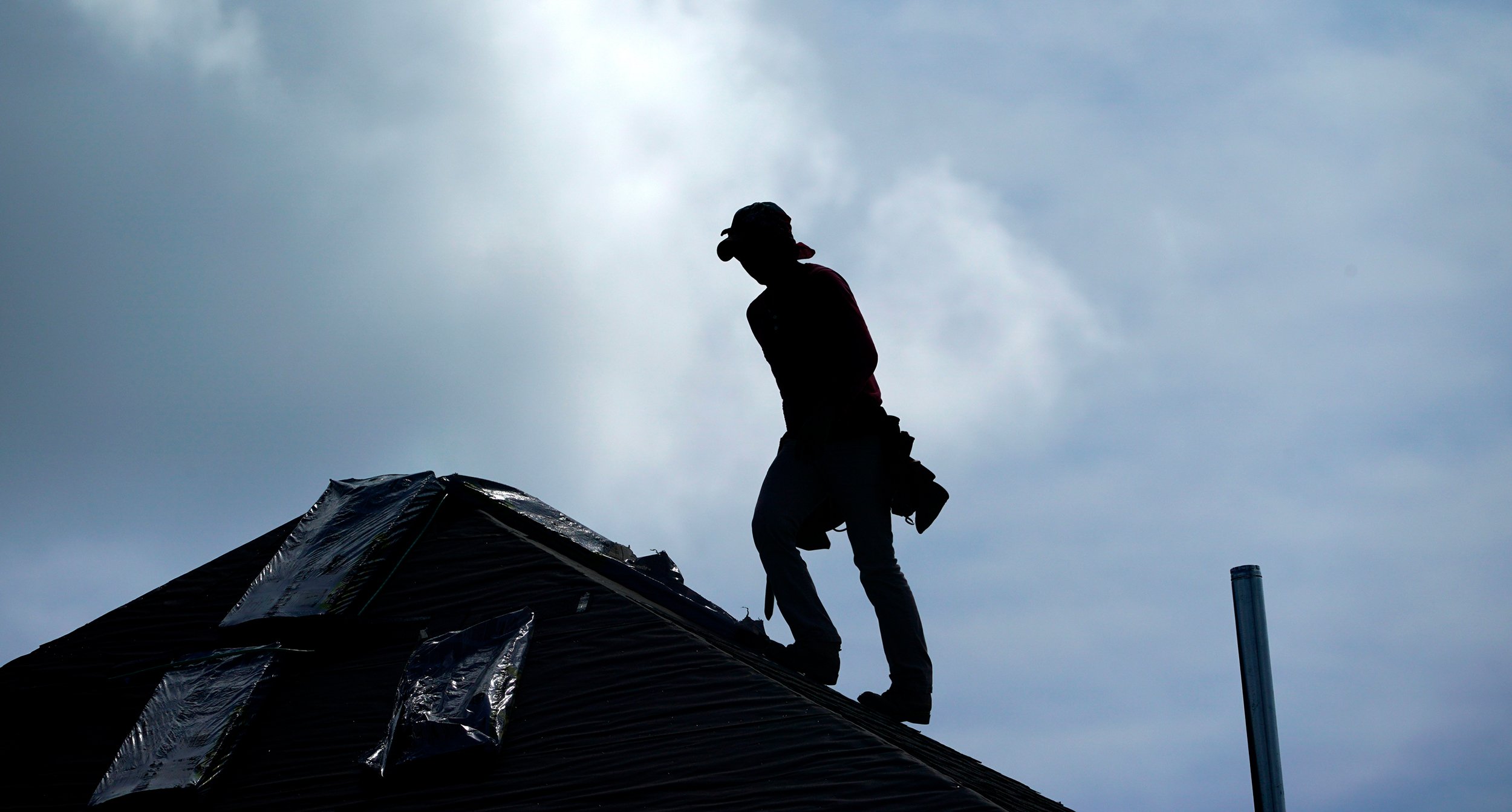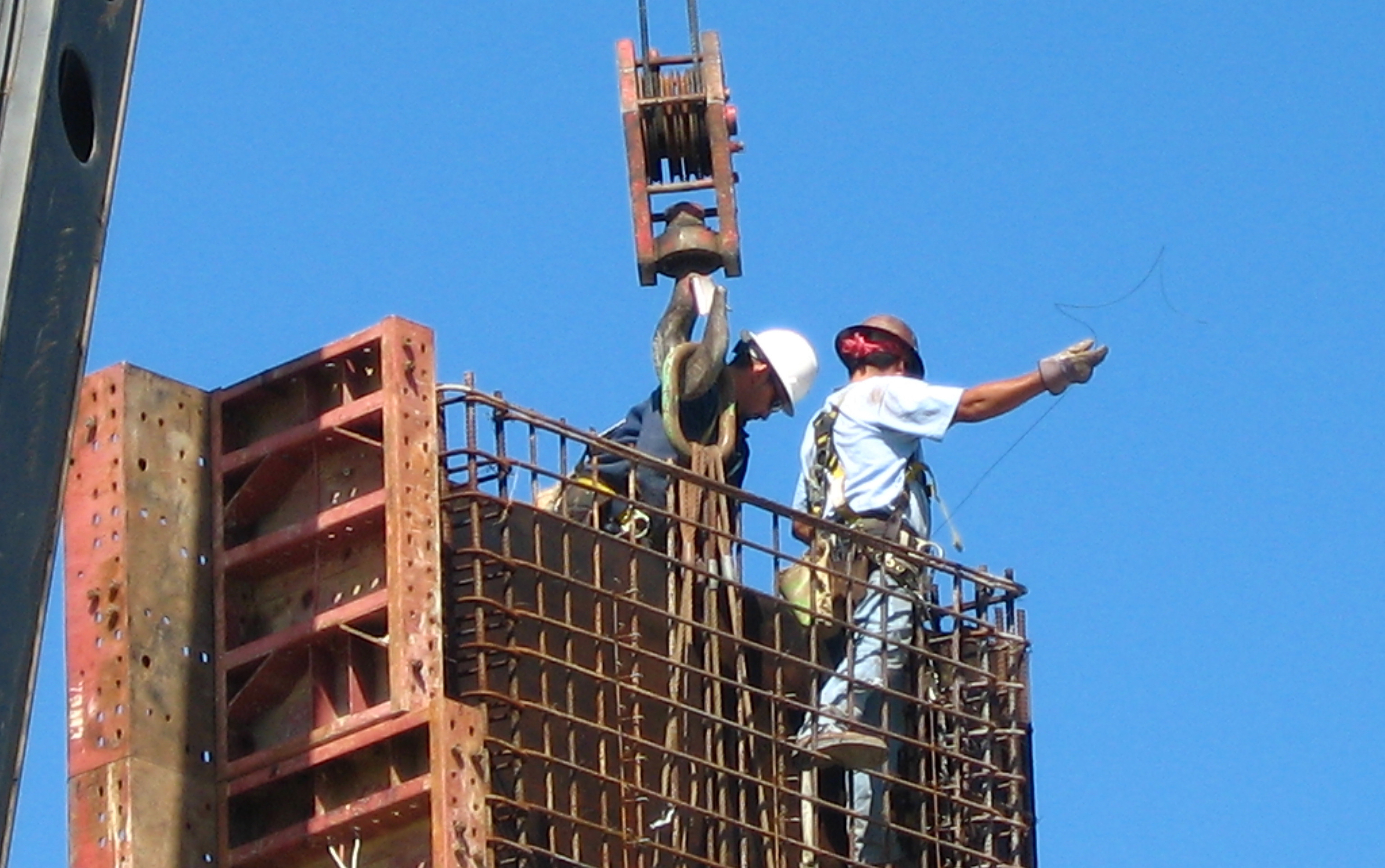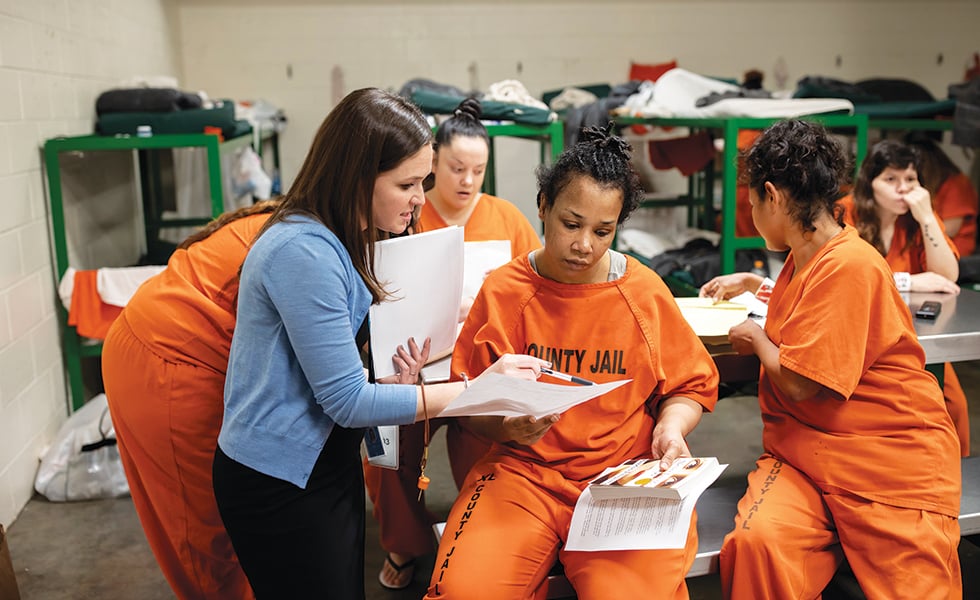
Texas Workers Are Dying on the Job at Alarming Rates
“Literally, we’re not holding employers liable for the lives of their workers.”

A version of this story ran in the July / August 2019 issue.
In 2017, a worker in Texas died on the job every 16 hours. They died from electrocution, asphyxiation, falls from roofs, exposure to toxins, equipment malfunctions, heat stroke and automobile collisions. The death toll exceeded the number of murders in Houston, Dallas, Fort Worth and Austin combined. 2016 and 2017 were among the deadliest years for workers in the state in two decades.
Every year since 2009, Texas has registered more deaths on the job than any other state. Texas also had the highest worker death rate per capita in 2017 among the nation’s 10 most populous states.
On May 1 — International Workers’ Day — the Houston-based Fe y Justicia Worker Center released a grim report on the state of labor in Texas’ largest city. From February 2018 through March 2019, workers reported $1.36 million in stolen wages to the center, alongside safety and health violations ranging from a lack of bathroom breaks to amputations necessitated by flesh-eating bacteria. The Houston metro area regularly sees more worker deaths than both the more populous Los Angeles and Chicago metros.
“Falls from roofs, dying in trenches, asphyxiations — those are all things we absolutely know how to prevent. One hundred percent preventable.”
California, the Lone Star State’s Democratic rival, generally had the highest death counts for workers throughout the ’90s. But by 2017, the Golden State saw 30 percent fewer fatalities on the job than Texas, despite being home to 11 million more people. The Republicans who run Texas would be quick to attribute the discrepancy to the state’s hot and famously recession-resistant economy. But that dog just don’t hunt. Though Texas has hosted more construction workers than California since 2010, it’s simply more dangerous to be a construction worker here, as the Dallas Morning News found in 2014.
Why? Marianela Acuña Arreaza, director of the Fe y Justicia Worker Center, points to policy failures. In Texas, bosses are not required to provide regular rest breaks — even during the state’s sweltering summers — and only Austin and Dallas have passed local ordinances mandating breaks for construction workers. Texas is also the only state that doesn’t require workers’ compensation insurance for private employers. “Literally, we’re not holding employers liable for the lives of their workers,” said Acuña Arreaza. Plus, Texas has no state occupational safety inspection agency, along with the fourth-lowest union representation in the country.

Celeste Monforton, a lecturer in public health at Texas State University and a former OSHA official, said researchers need access to more specific government data. In particular, data provided on transportation incidents — the leading cause of worker fatalities — lack details such as where exactly accidents occurred and the type of vehicles involved. Monforton added that policymakers and advocates should focus less on which states are the most dangerous to worker health, and more on the precise causes of death.
“Falls from roofs, dying in trenches, asphyxiations — those are all things we absolutely know how to prevent. One hundred percent preventable,” Monforton said. “Let’s look at what’s killing people, and ask why employers are not complying with the law.”
READ MORE:
- Wage Wars: In Texas, the state doesn’t stop wage theft — and cities can’t seem to either.
- Climate Change is Making Texas Summers Worse. Here’s Who That Hurts the Most: Outdoor workers and the most vulnerable Texans — the poor, disabled and elderly — are feeling the brunt of this summer’s punishing heat.
- The GOP Failed to Ban Paid Sick Leave and the Business Lobby is Livid: Texas businesses are growing increasingly disgruntled that Dan Patrick appears unable to stop poisoning their political agenda with right-wing social warfare.


